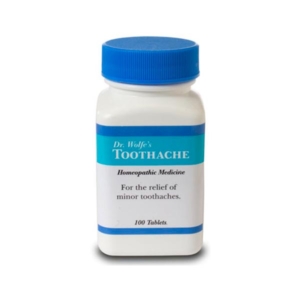Dental Disease and Your Health
Regular Flossing Saves Time, Money and Time in the Dentist’s Chair
by Bill Wolfe DDS
Are you resistant to flossing every day? Have a hard time fitting it in or remembering to do it? Do you dislike the task just enough to avoid it until something is stuck and so bothersome that you can’t stand it anymore? If you knew you could avoid some potentially serious health issues and save time and money with your dentist, would you be willing to invest less than 3 minutes per day?
Flossing reduces the risk of gingivitis (swollen gum tissue) and periodontal disease (damage to the bone and connective tissue supporting the teeth) by removing the bacteria that settle in-between the teeth. The normal human mouth harbors 400 species of bacteria, causing gingivitis and localized bleeding, which can eventually lead to periodontitis. Researchers recently determined that periodontal disease can escalate health problems in distant areas of the body.
About 14% of all American adults have advanced periodontal disease, putting them at risk of losing their teeth, and most adults aged 60 who have lost teeth may attribute this tooth loss to periodontal disease. While periodontal disease is thought of as an older person’s affliction, as many as one-half of high school students have some form of gingivitis!
Medical Conditions Linked to Periodontal Disease *
Heart Attack and Stroke: Patients with periodontal disease are twice as likely to suffer a fatal heart attack and nearly three times as likely to suffer a stroke as those without periodontal disease. This association with heart disease is especially evident in patients under 50.
Bacterial Infection and Diabetes: It has been well established that diabetes predisposes patients to bacterial infections, including those affecting the oral cavity. Recent studies provide strong indications that periodontal disease can make diabetes worse, as diabetics with severe periodontal disease have greater difficulty maintaining normal blood-sugar levels. Dental researchers now recommend that periodontal inflammation be treated and eliminated in all diabetic patients in order to significantly reduce the risk of injury to the retina and arteries. Such treatment also often leads to a reduced need for insulin.
Pneumonia and Other Respiratory Diseases: Pneumonia occurs when bacteria dwelling in the oral cavity and throat are inhaled into the lungs where immune system defenses fail to fight them. Some bacteria that cause pneumonia thrive in infected oral tissues of patients with periodontal disease.
Premature Birth: There is increasing evidence that infections in the mouth have a direct link to inducing premature labor. In one study researchers found that mothers of prematurely born babies were seven times more likely to have advanced periodontal disease as mothers whose babies were born at normal weight.
Other Infections: Patients with artificial heart valves and joints are at increased risk of suffering a serious infection when periodontal bacteria enter the bloodstream. In patients with artificial heart valves, the infection can be fatal unless promptly and aggressively treated with antibiotics.
* The National Association of Dental Assistants
900 South Washington Street
Falls Church, VA 22046
(703) 237-8616.









